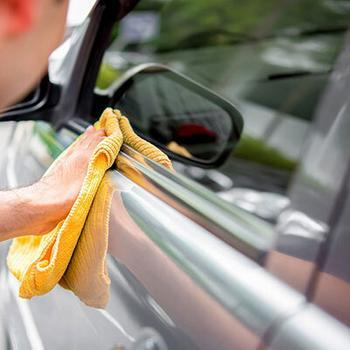Are classic cars a good investment?
- Progressive Insurance Blog

- 14 feb 2025
- 2 Min. de lectura
Classic cars fluctuate in value, but they can appreciate over time rather than depreciate like a modern car does. Classic car appreciation depends on multiple factors, including the purchase price, the condition of the vehicle, the model's rarity, your restoration and maintenance costs, and how much you can sell it for. It's also important to consider the pros and cons of owning a classic car to see if it's worth it to you.

What you should know before investing in classic cars
Classic cars can be a risky investment. Even if you purchase a model that significantly increases in value after you buy it, you may still put more money into it with repairs and maintenance costs. Additionally, collector trends are unpredictable, so you can't bank on a specific model dramatically increasing in value.
That said, classic cars do often increase in value and are one of the better performing collectibles out there. In fact, our friends at Hagerty found that collector cars had an average annualized return of 4.6% from 2018-2023.
If you're really interested in collecting classic cars as an investment, then you should look for a model that is:
In good or better condition: A classic car that is well-maintained and needs no repair work will hold its value better. Plus, you won't have to sink more money into restoring it, giving you a better chance of selling it for a profit down the road.
Consistently increasing in value: Hagerty, which specializes in insurance for classic cars, has a slew of valuation tools you can use to research and track the estimated values of thousands of classic cars. Learn more about finding out how much a classic car is worth.
Rare or unique in some way: Cars that were part of a limited production run are generally worth more, along with models that were the first in a new design or generation.
Pro tip:






Comentarios